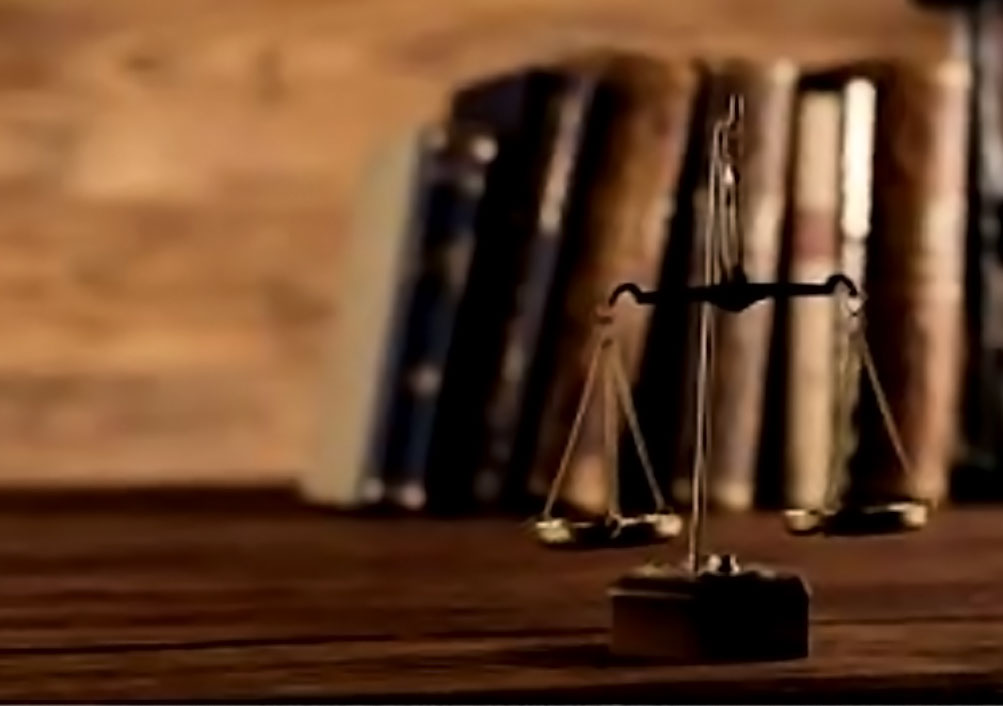Litigant should not be allowed to unnecessarily protract proceedings, if no cause of action is disclosed in plaint: Supreme Court

Read Judgment: RAJENDRA BAJORIA AND OTHERS vs. HEMANT KUMAR JALAN AND OTHERS
Pankaj Bajpai
New Delhi, September 22, 2021: While quoting the law declared in the case of T. Arivandandam vs. T.V. Satyapal and Another, the Supreme Court has recently held that reading of the averments made in the plaint should not only be formal but also meaningful, and if clever drafting has created the illusion of a cause of action, and a meaningful reading thereof would show that the pleadings are manifestly vexatious and meritless, in the sense of not disclosing a clear right to sue, then the court should exercise its power under Order VII Rule 11 of the CPC.
Stating that such a suit has to be nipped in the bud at the first hearing itself, a Division Bench of Justice B.R Gavai and Justice L. Nageswara Rao relied on the decision of Dahiben vs. Arvindbhai Kalyanji Bhanusali (Gajra) Dead Through Legal Representatives and Others, to observe that power conferred on the court to terminate a civil action is a drastic one, and the conditions enumerated under Order VII Rule 11 of CPC are required to be strictly adhered to.
However, under Order VII Rule 11 of CPC, the duty is cast upon the court to determine whether the plaint discloses a cause of action, by scrutinizing the averments in the plaint, read in conjunction with the documents relied upon, or whether the suit is barred by any law, added the Bench.
Going by the background of the case, a civil suit was filed before the Calcutta High Court seeking decree of declaration that the plaintiffs along with the defendants are entitled to the assets and properties of the Partnership Firm being the legal heirs of the original partners who were dead now, in the share of the said original partners.
In addition, the plaintiffs also sought decree for perpetual injunction restraining the defendants from holding themselves out to be the authorized representative of the firm or the repository of all its authority, moneys assets and properties or from seeking to represent the firm in its dealings and transactions in respect of any of its assets and properties.
Opposing the same, defendants sought dismissal of the suit, or in the alternative, rejection of the plaint on the ground that the plaint does not disclose any cause of action, and that the suit was filed beyond the period of limitation.
The High Court held that the reliefs, as claimed in the plaint, could not be granted, and therefore, while allowing the appeals, rejected the plaint. It, however, observed that, as provided under Order VII Rule 13 of the CPC, the order of rejection of the plaint shall not of its own force preclude the plaintiffs from presenting a fresh plaint in respect of the same cause of action.
After considering the averments, the Top Court found that the case of the plaintiffs was that in spite of demise of the three original partners of the partnership firm, through whom the plaintiffs were claiming, the defendants had been carrying on the business of the partnership firm.
The Court further found from the averments of the plaintiff that the accounts of the partnership firm had not been finalized and that the share of the profits of the partnership firm had not been paid to them.
It was also the case of the plaintiffs that the defendants were seeking to represent the partnership firm to the exclusion of the plaintiffs and that the defendants had been siphoning off funds of the partnership firm, noted Justice Gavai.
The Top Court noted that the Division Bench of the High Court while rejecting the plaint had clearly elaborated that the partners of a firm are entitled only to the profits of the firm and upon dissolution of the firm they are entitled to the surplus of the sale proceeds of the assets and properties of the firm, if any, after meeting the liabilities of the firm, in the share agreed upon in the partnership deed.
Thus, the High Court had held that the plaintiffs as legal heirs of some of the original partners cannot maintain any claim in respect of the assets and properties of the said firm, noted Justice Gavai.
Justice Gavai also noted that the High Court had made it clear that it is only a partner of a firm who can seek dissolution of the firm and hence dissolution of a firm cannot be ordered by the court at the instance of the plaintiff being a non-partner.
Therefore, in confirmation with the decision of the Calcutta High Court, the Apex Court concluded that that the reliefs as sought in the plaint, cannot be granted.
Sign up for our weekly newsletter to stay up to date on our product, events featured blog, special offer and all of the exciting things that take place here at Legitquest.




Add a Comment